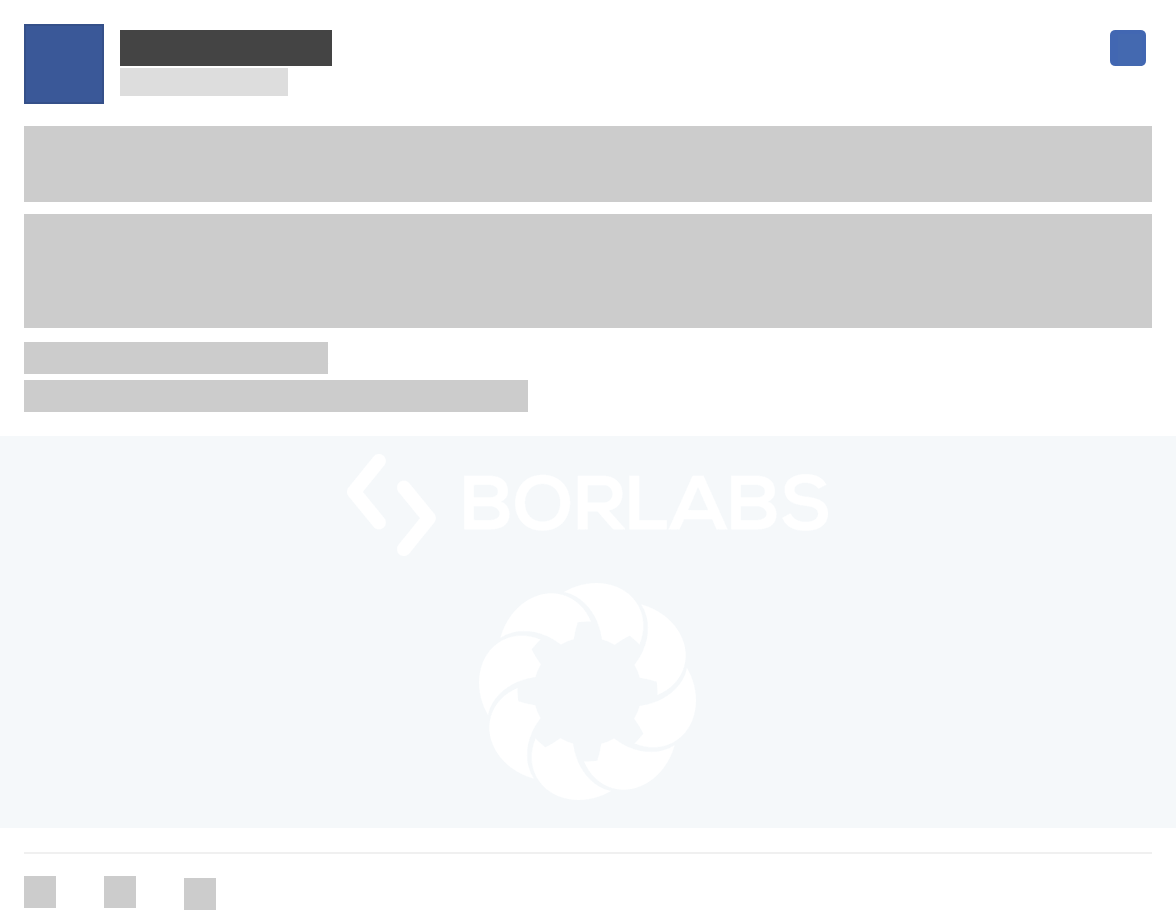On September 2, 2020, the new law on “hate on the internet” was presented.
Justice Minister Alma Zadic (Greens) and Constitutional Minister Karoline Edtstadler (ÖVP) presented the new law on “Hate on the Internet” , which contains new components and is now being assessed. Among other things, a quick procedure is now possible with which offensive or invasive posts can be quickly deleted.
Fast-track procedure for those affected
Many crimes involving online hate must be combated through civil law. In most cases, an injunction is sought. This path is usually long, expensive and also risky for those affected, as it is possible that they would end up having to bear the legal costs themselves.
A fast-track procedure is now to be used for this, for which the Ministry of Justice provides a form on its website.
Victims of online hate download this form and send it filled out to the civil courts. A cease and desist order can be issued within a few days. This works against the perpetrators as well as the platform in question. If postings are not deleted, executions can be carried out against perpetrators and the platform. This fast-track procedure is provided free of charge for the first three years.
“We want to give those affected the opportunity to go to court and defend themselves. The more, the more effective the legal protection on the Internet is,” says Zadic.
Changes in criminal law
[mk_ad]
Cyberbullying paragraph: Previously, it was necessary for harassment or uploading of embarrassing images to be carried out several times in order for the paragraph to be “fulfilled”.
In the future, a single offense will be enough. These paragraphs not only include postings on web platforms, but also messages via messenger services or via SMS.
Incitement paragraph: Currently, this paragraph only applies if the hostility is directed against groups (around 30 people).
In the future, this will also be punished if the hate speech is directed against individuals or certain group members. This now also includes people who are attacked online because of their job.
Zadic gives the example of police officers or NGO employees. If the hostility damages the reputation of an institution, the employer can also turn to the court.
Upskirting: This offense has now been recreated. This involves intentionally photographing or filming under the skirt or into the neckline - without the consent of the person depicted. In the future, this could result in prison sentences of up to one year.
Platforms must set up reporting systems for hate speech
Online platforms are now being held responsible for online hate.
Each platform must nominate someone responsible for deletions in Austria, and a report on deletion practices must also be submitted. In the case of criminal offenses such as insults, threats, blackmail or coercion, postings must be deleted within 24 hours; more complicated matters must be deleted within seven days. The platforms must set up a reporting system for processing.
“We want to create a clear legal framework for platforms,” said Edtstadtler.
If the platforms do not fulfill these obligations, they face severe penalties of up to ten million euros.
“That’s high, but it’s necessary to be taken seriously,” explains Edtstadtler.
According to Edtstadtler, this concerns systematic legal violations and not individual cases.
You might also be interested in: How does hate spread online?
Source: Kurier / Wiener Zeitung
Article image: Shutterstock / From Rawpixel.com
Notes:
1) This content reflects the current state of affairs at the time of publication. The reproduction of individual images, screenshots, embeds or video sequences serves to discuss the topic. 2) Individual contributions were created through the use of machine assistance and were carefully checked by the Mimikama editorial team before publication. ( Reason )


